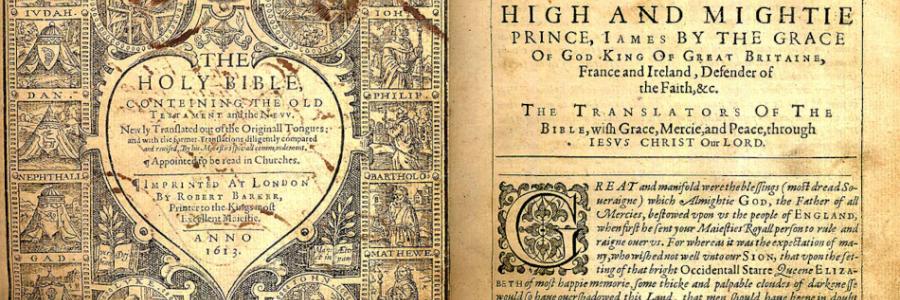The Anthropological Challenge Christians Face
Body
“For Protestants to move forward in advancing God’s kingdom, we must remember the things that make us truly human. ‘It is a way of rebelling against the abolition of man.’” - Rick Plasterer, Carl Trueman



Discussion